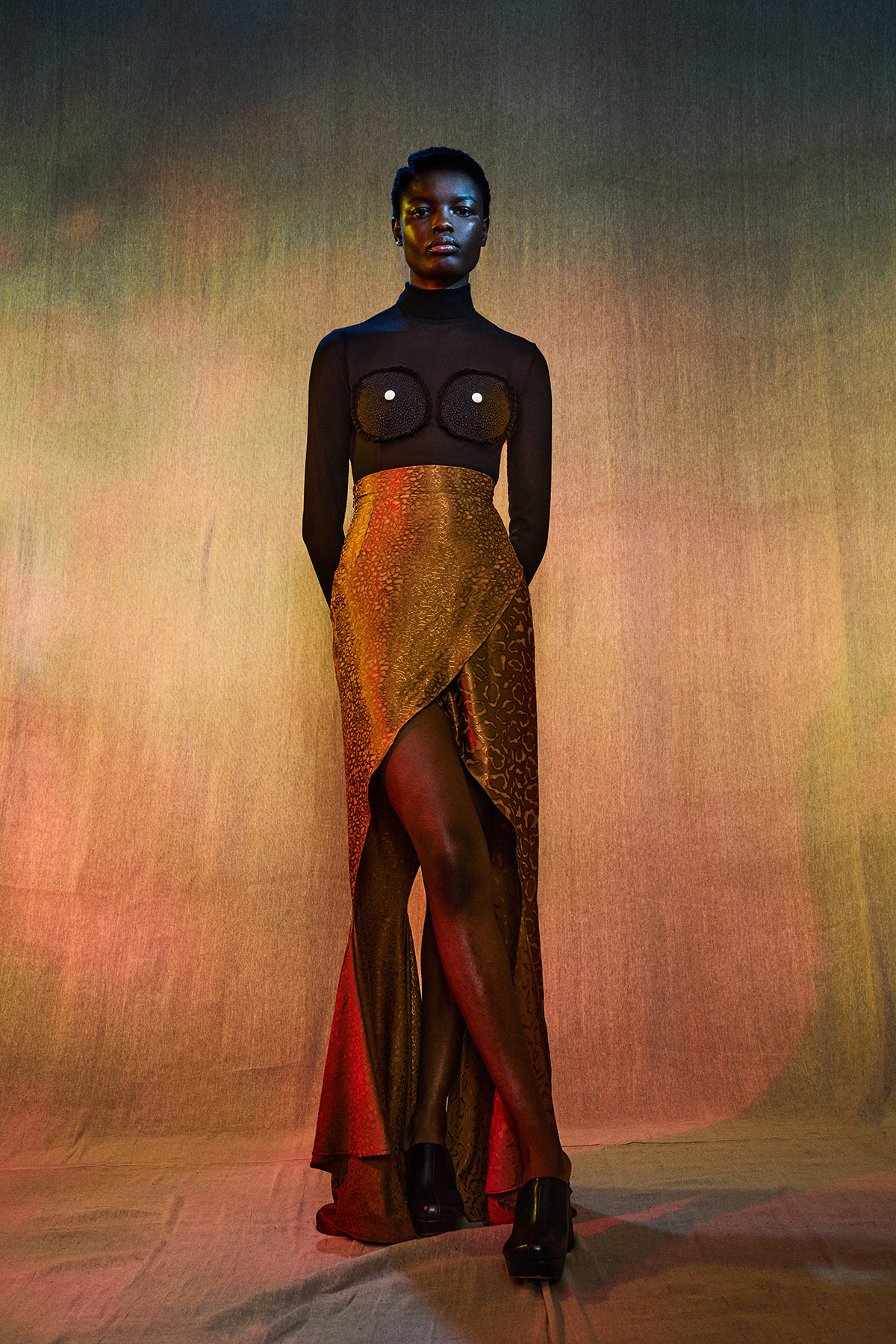
Edeline Lee embraces femininity and female empowerment through her clothes. Photo by Nick Thompson.
As Fashion Weeks comes to a close, we’re celebrating designers who are paving the way for a more sustainable and ethical fashion industry. Here, Edeline Lee tells us why sustainability makes such a difference to the quality of her brand,
LUX: You’ve mentioned before that you design with the “Future Lady” in mind. What does that mean exactly?
Edeline Lee: The Future Lady is an idea that I made up to encompass the woman that I am designing for. Female identity is in flux in our generation. Modern women live hectic, collaged lives. We can’t automatically subscribe to the identities that have been laid out for us historically. Women now are more beautiful, more powerful, more free, stronger, more aware, more capable than any other time in history. Yet, we still have a way to go before we fulfil our true potential. How does the Future Lady dress? What is it to dress with true power, grace, beauty and dignity in today’s world?
My overarching concept has always been a conversation about this journey as a woman with the women who wear my clothes. It’s easy to be fooled into thinking that fashion is all about more and more: younger, thinner, cheaper, taller, louder, sexier.
Follow LUX on Instagram: luxthemagazine
I’ve spent a lot of time dressing with women in changing rooms. My experience is that women are well aware; they are not blind fools. They can feel the difference when something is made with quality and meaning, fits well, and is designed with a soul, to lift the best out of you. Once they experience what it feels like to put it on, they don’t need to be convinced to buy.
LUX: How did your time at Central Saint Martins impact your approach to design?
Edeline Lee: My time at Central Saint Martins taught me that you can design a collection from anything. At the beginning of every season, I try to connect back to the source. What do I find interesting, meaningful and beautiful around me? What makes me smile or makes me curious? It’s important that the source is pure, because then others will respond to it too.
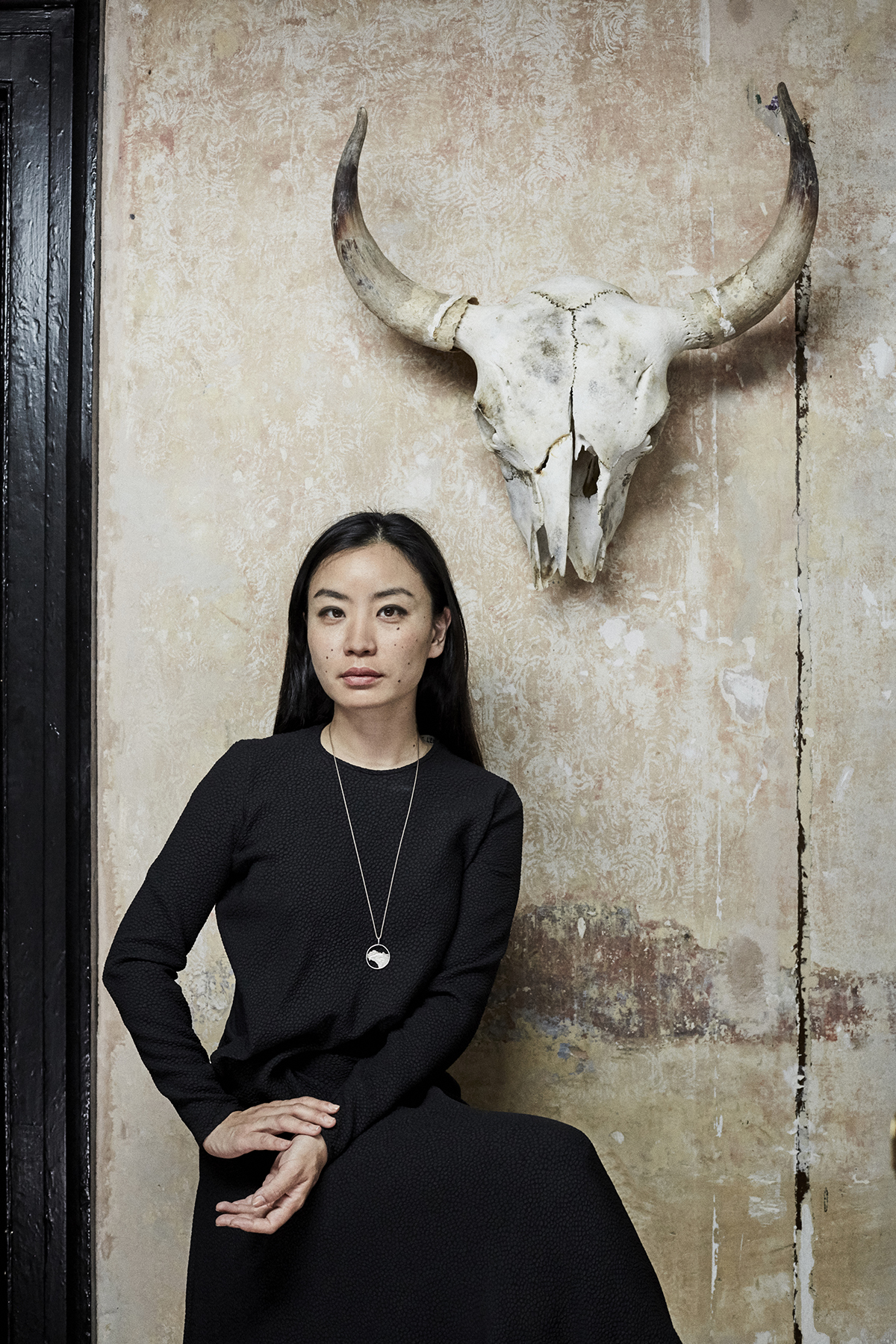
Edeline Lee. Photo by Mars Washington
LUX: Was there a particular turning point when you felt you’d discovered your distinct design language?
Edeline Lee: Femininity is a huge part of my design language. The problem I’m always trying to solve is: how does a woman dress with power and authority, whilst still being feminine? The two should not be mutually exclusive.
I design to help women express their higher purpose, but I also make clothes that resist wrinkling so that women can actually function at a high level in the clothes. The tricky thing is to strike the perfect balance between something that is flattering and appropriate, but just special enough to draw out what is individual and special in the woman wearing it. Thinking women deserve clothes that think.
LUX: Are there any designers or perhaps, design movements that have influenced your practice?
Edeline Lee: I’ve been very much influenced by the practice of the Weiner Werkstatte with their philosophy of the Gesamtkunstwerk or “total work of art”. I love the idea that every element in an environment can be harmonised and unified whether it be art, decorative arts or design. They believed that it was better to work 10 days on one product than to manufacture 10 products in one day.
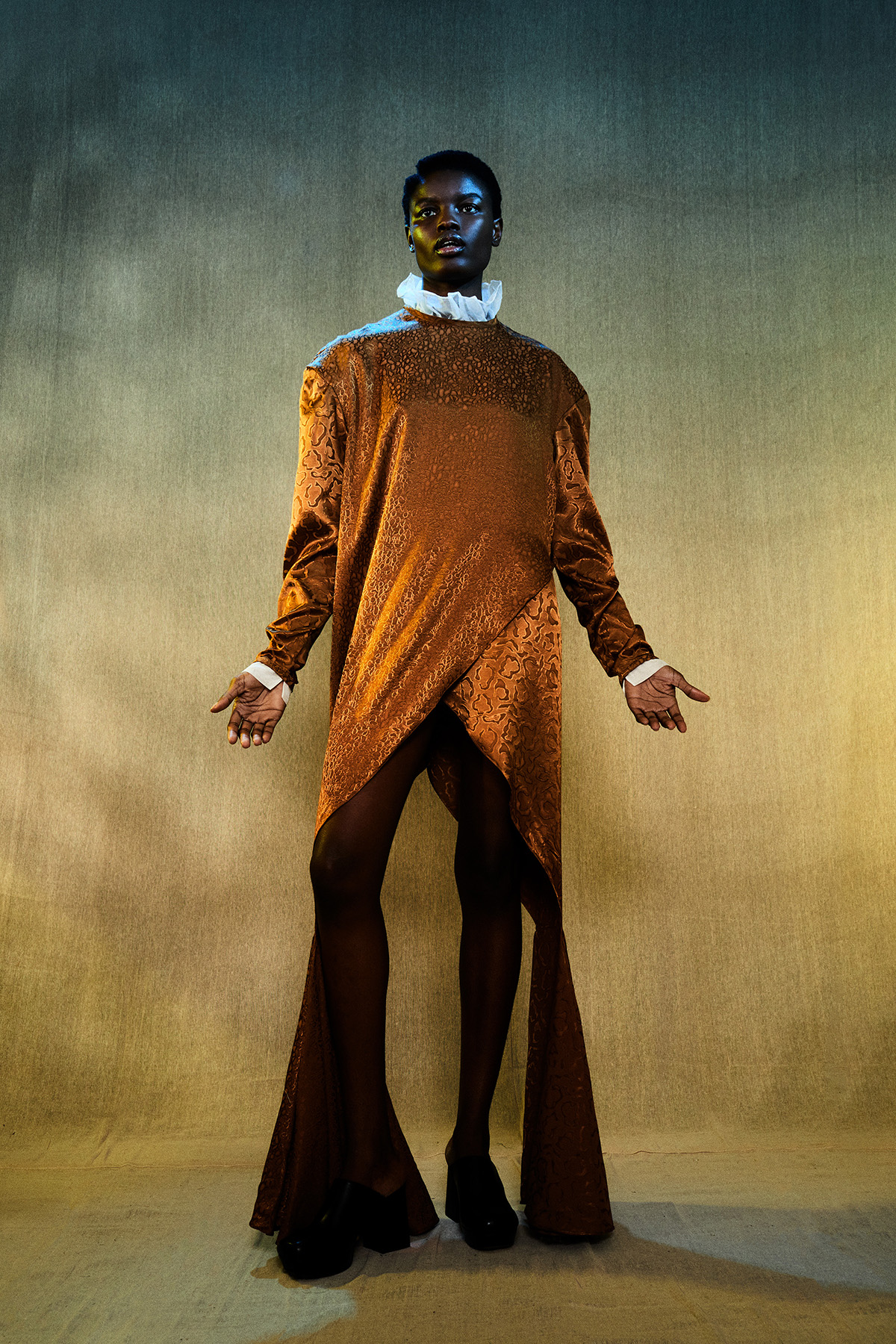
Edeline Lee Autumn Winter 2022. Photo by Nick Thompson.
LUX: How do you think the brand has evolved since its inception?
Edeline Lee: The label really became a “brand” when I learned how to define and project my purpose out into the world. If you know what your purpose is, the rest becomes so much easier.
LUX: Edeline Lee has been celebrated for its sustainable approach to luxury fashion. What’s your personal approach to sustainability? And do you think attitudes are changing in the fashion industry?
Edeline Lee: It startled and worried me when we were named in the top 4 sustainable brands at London Fashion Week by Good On You. It takes a lot of research and commitment to try to source and work sustainably and ethically, and we’ve been doing our best. Yet, I know that we still have such a long way to go.
My personal approach is that we must all take responsibility for our actions. Just as we producers need to take responsibility for the choices that we make, it’s important for customers to be empowered by their choices, and realise their power to purchase sustainably as well.
LUX: There has been much discussion around the unsustainability of fashion week. What are your thoughts?
Edeline Lee: I don’t think that it is necessary for everyone to relentlessly travel around the world, all the time. In that sense, the relentless churn of global fashion weeks isn’t sustainable. If anything, Covid 19 has taught us that we could all probably take a breather and be more selective in our choices.
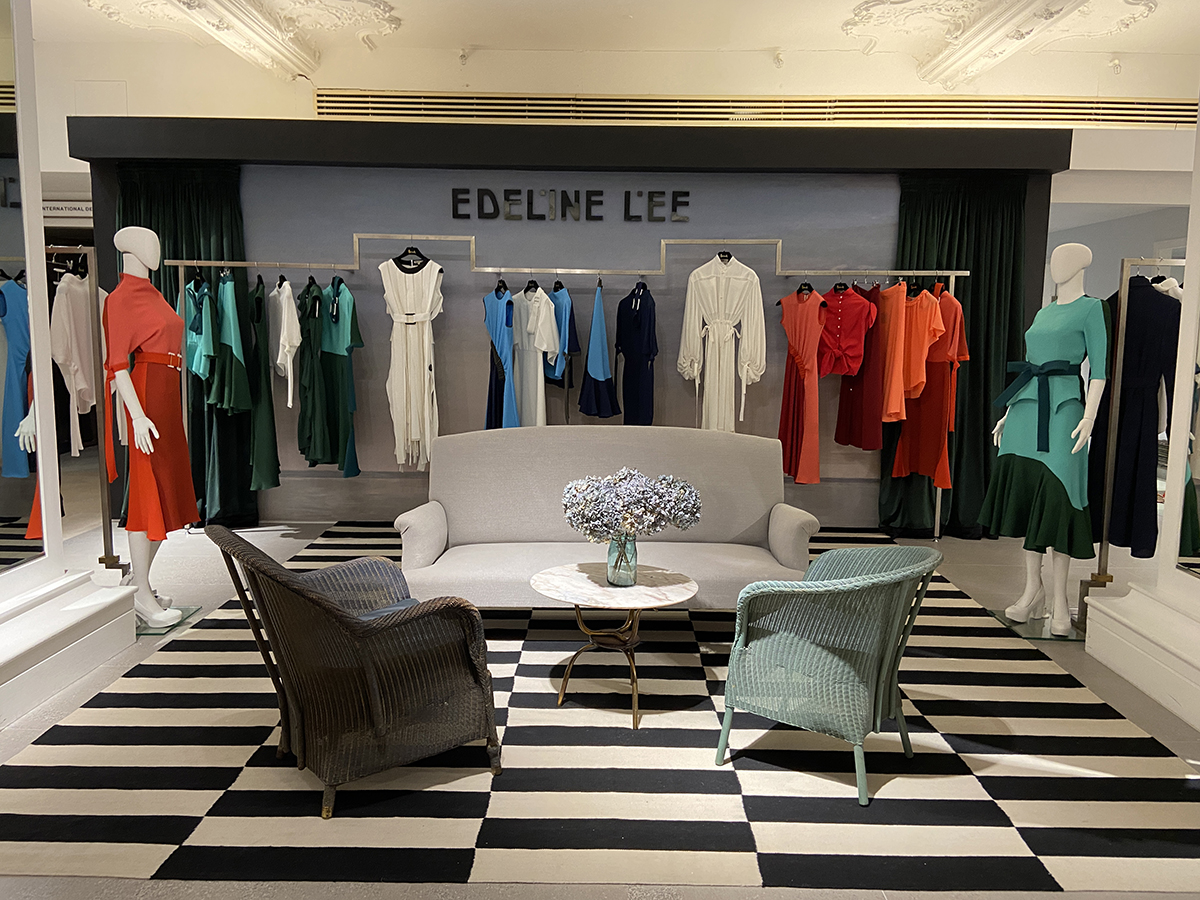
Edeline Lee retail space at Harrods, opened in 2022
LUX: You’re also an advocate of community-made fashion. How does that work in practice? And why is it important?
Edeline Lee: We dye our fabrics in Yorkshire, and design, cut, sew and finish all of our pieces in London – not because good craftsman don’t exist elsewhere in the world, but because of quality control. It means that I’m always the final eye cast over each piece before it ships. It means that I know personally each hand that touches the clothes, I truly believe that the love and care that is put into the making of a garment lends it a soul. It is visible to me when I look at a dress.
Read more: All-access rundown of Ozwald Boateng’s return to London Fashion Week
When your mother gives you a dress that she wore in her youth, aren’t you able to see or feel the soul in that garment? It is something like that. A dress is more beautiful when it is made with love, and that humanity in it becomes more powerful if every part of the dress is made within a community, by a team.
LUX: What are your goals for your company this year, and in the longer term?
Edeline Lee: We’ve just opened our first branded retail space inside of Harrods – so I am enjoying the process of developing and improving that. Please visit and take a look!
Find out more: edelinelee.com

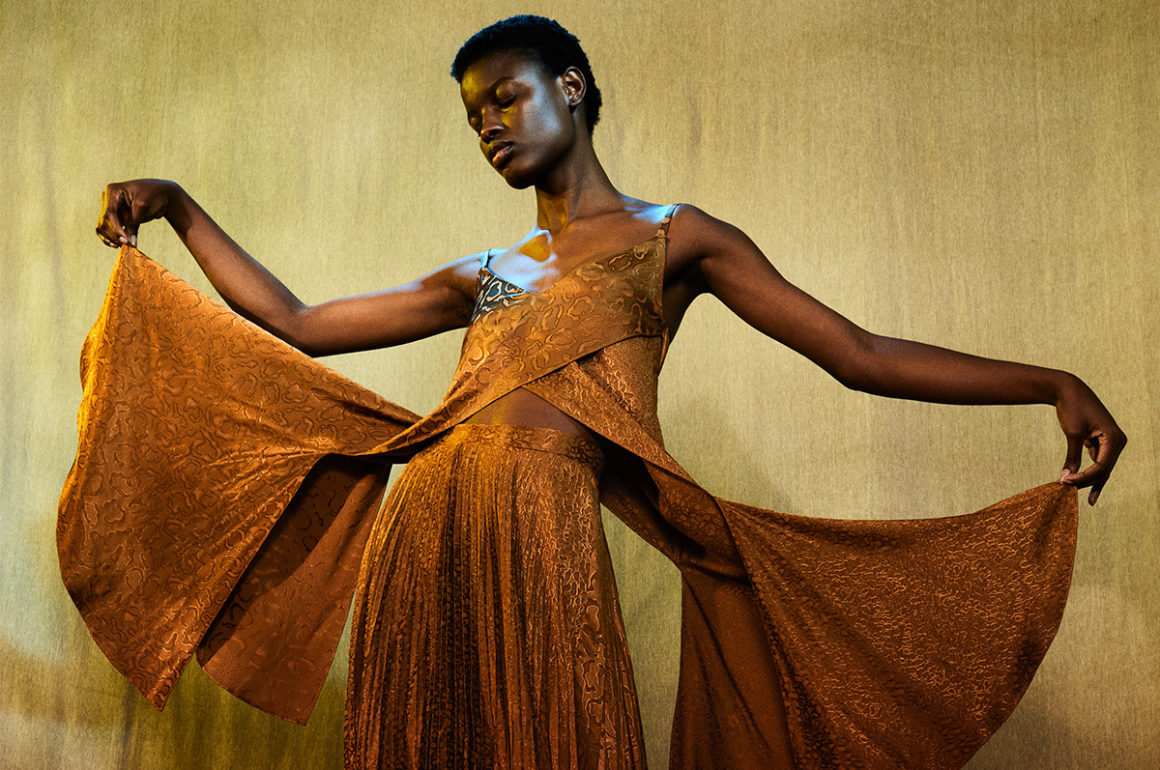
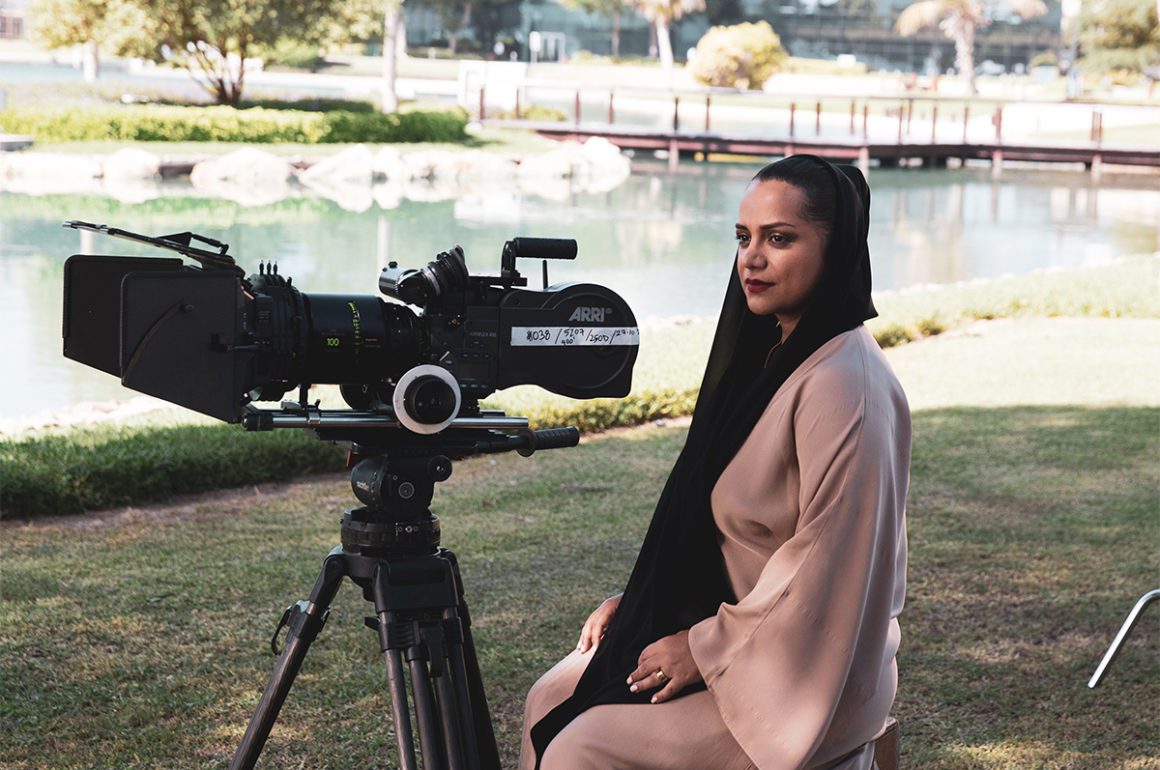
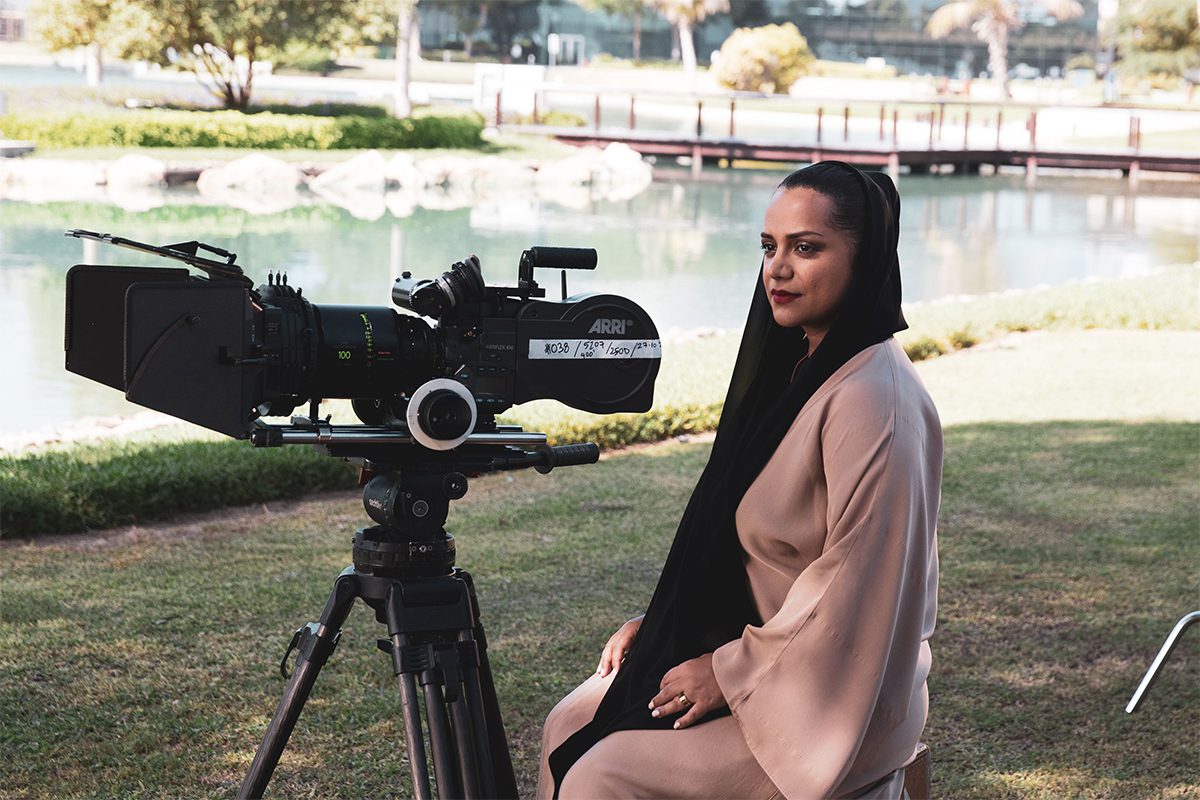
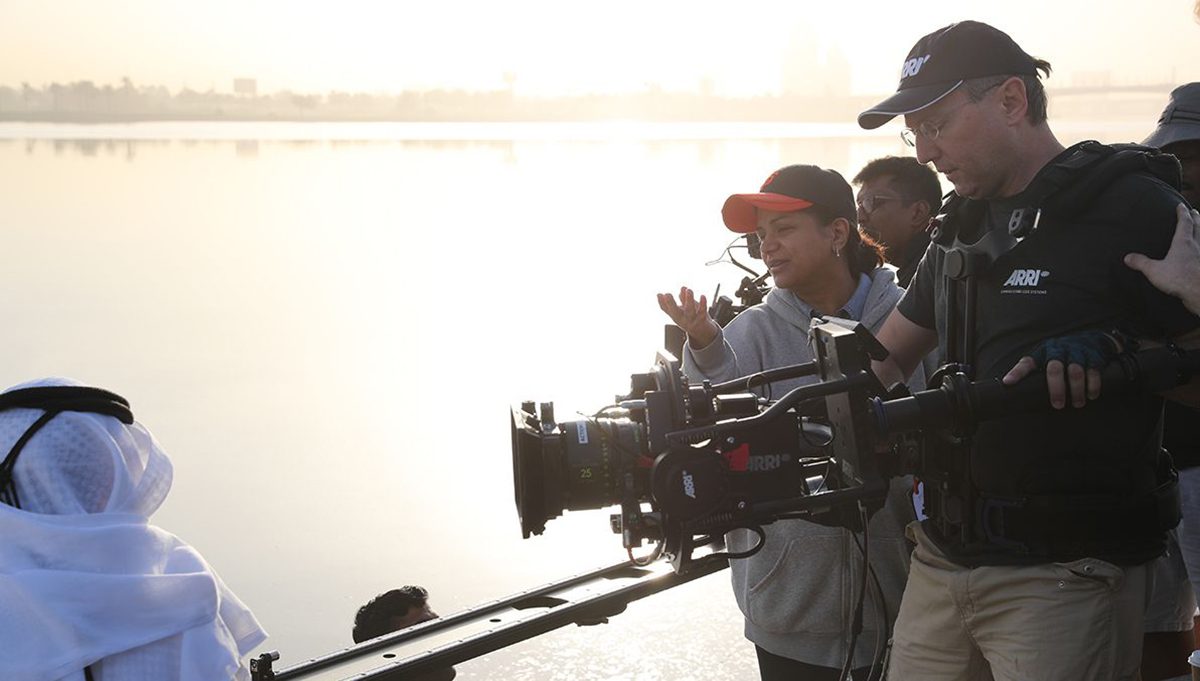


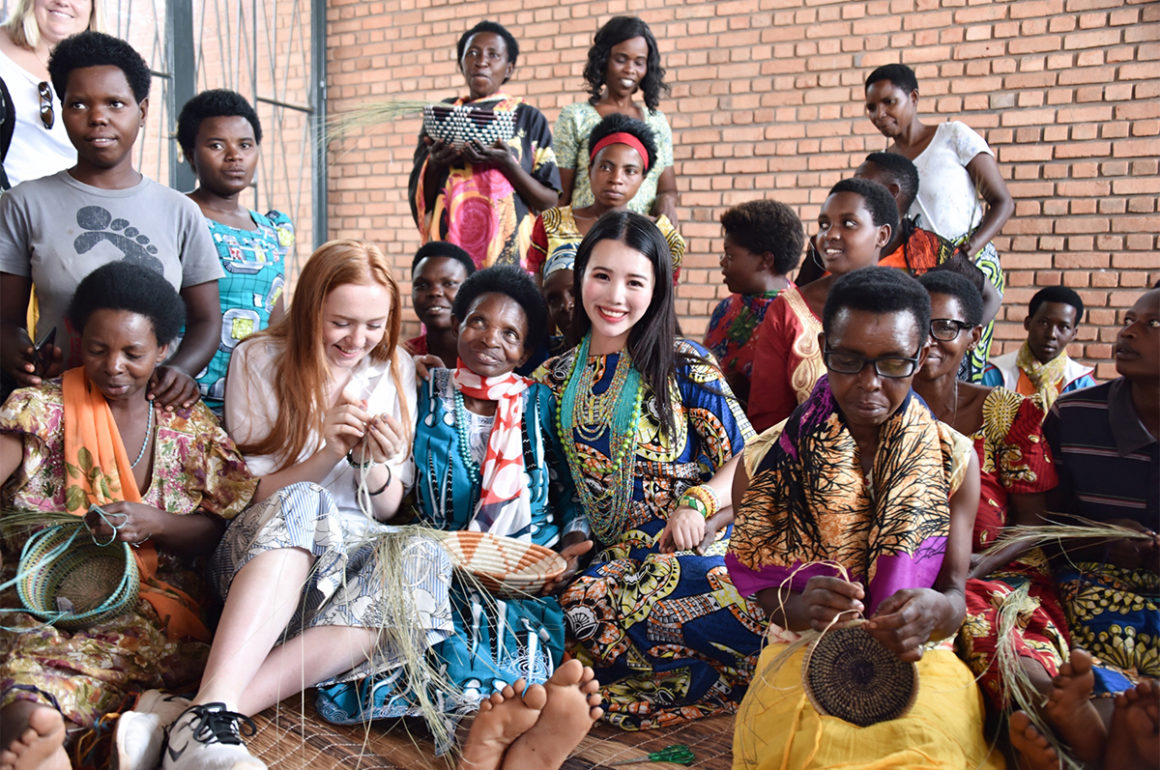

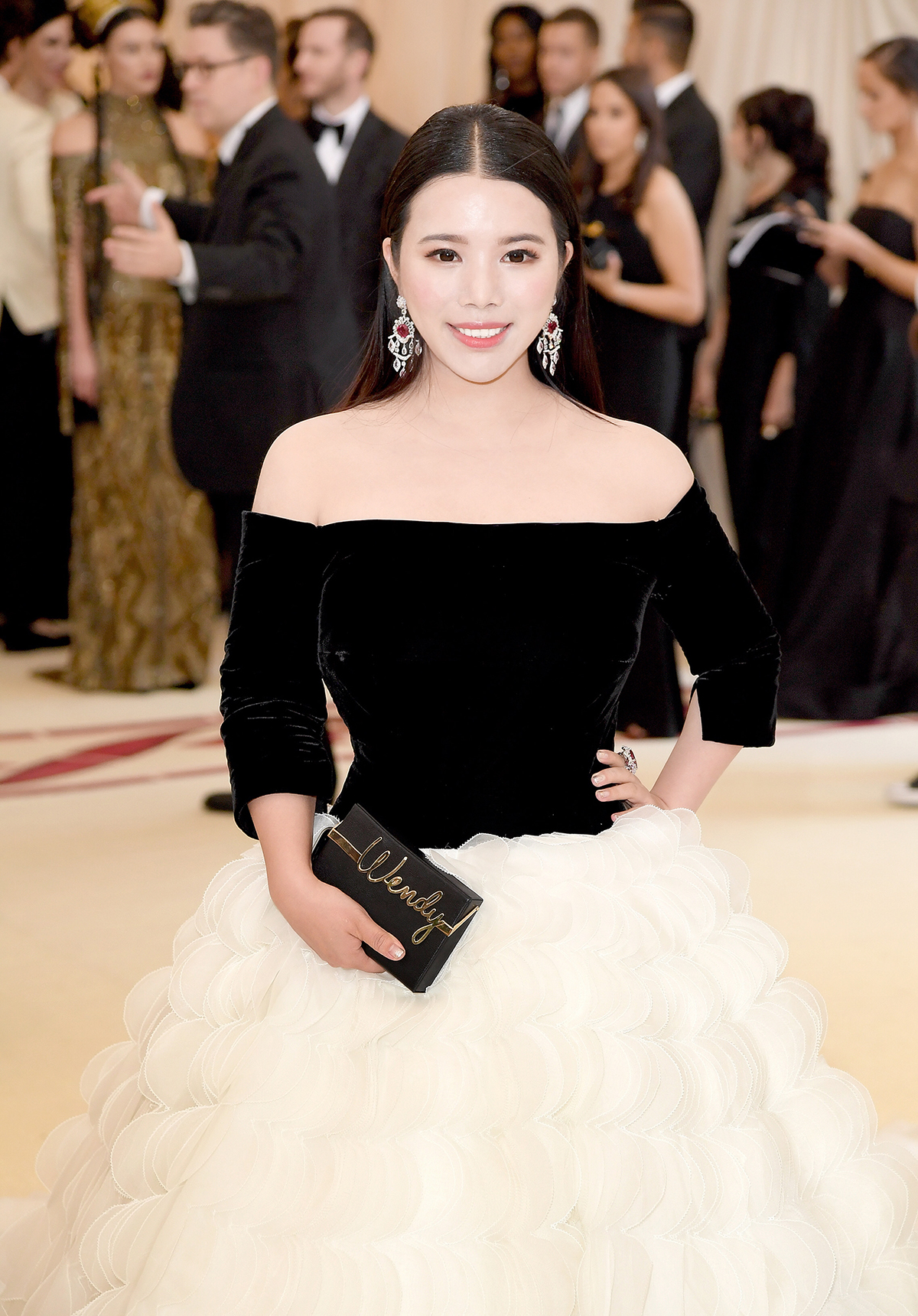
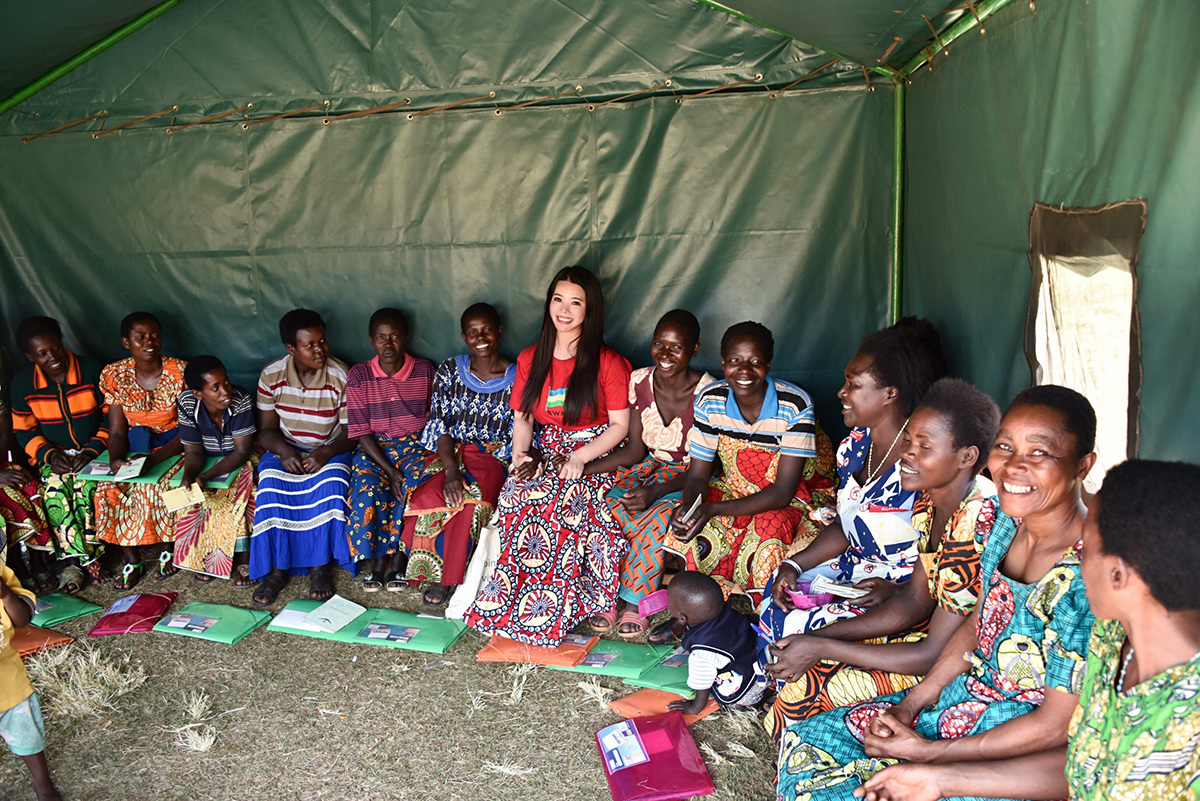
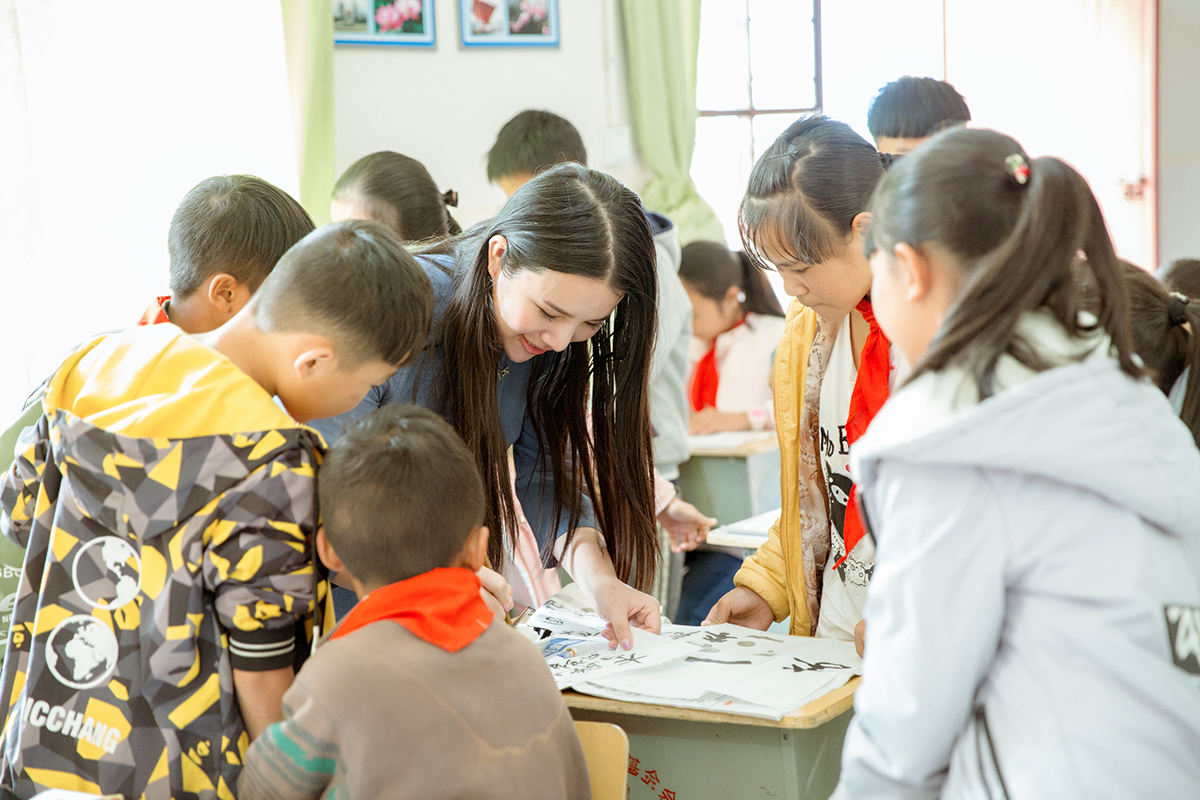
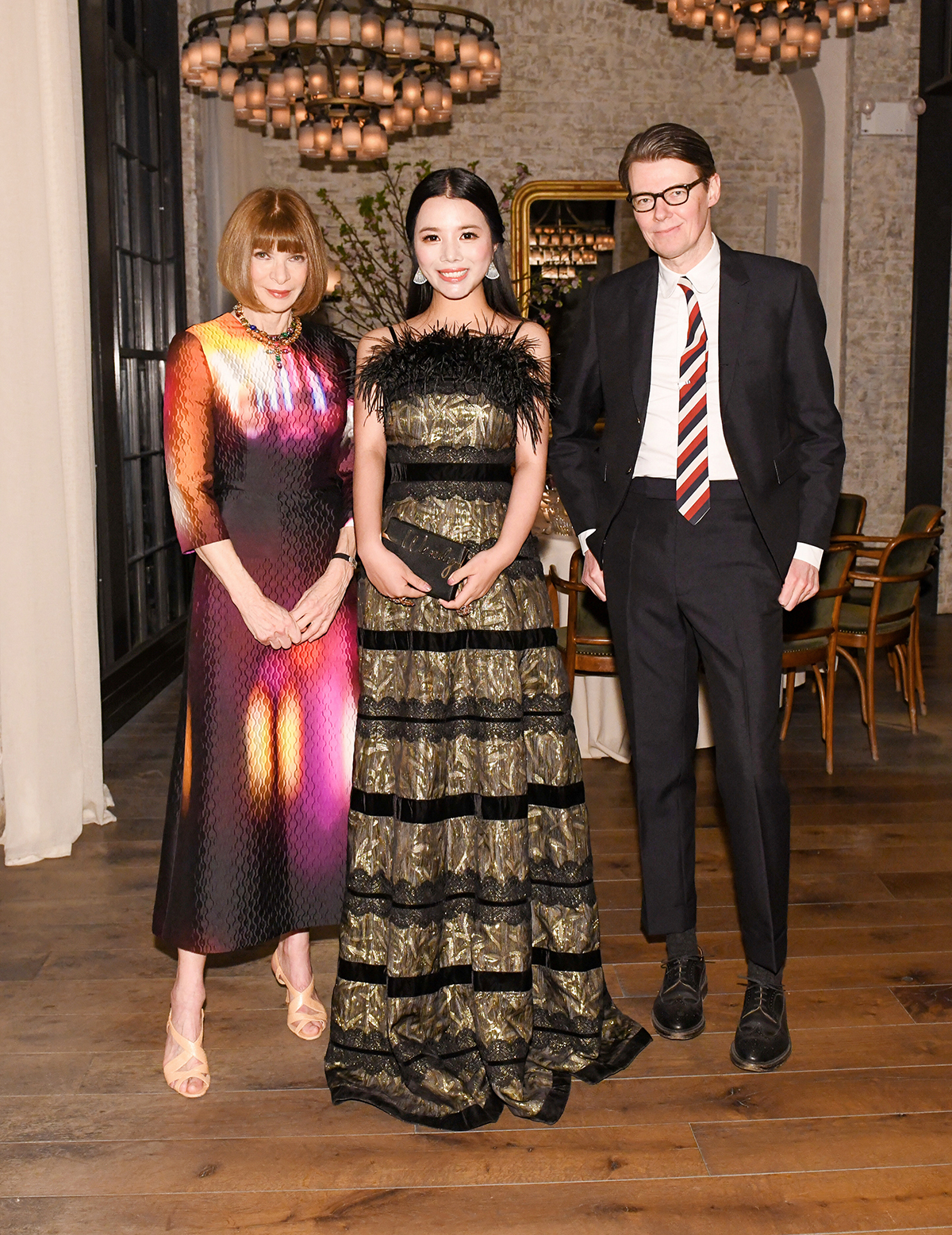





Recent Comments